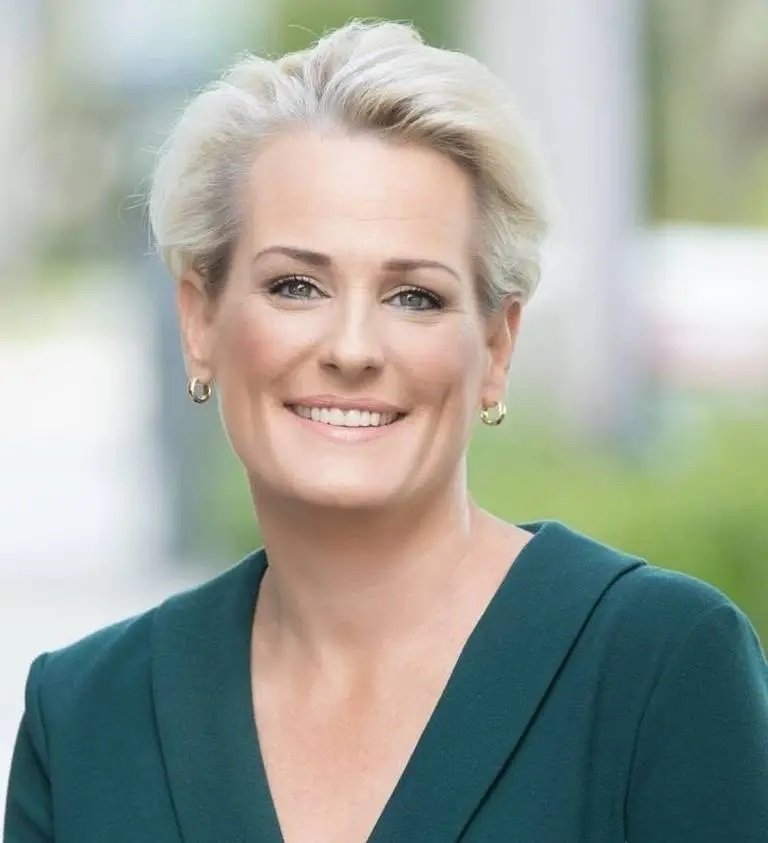Pinecrest offers a lesson — and a warning — about vote-by-mail and democracy | Opinion
As the vice mayor of the Village of Pinecrest, and as a citizen who cares deeply about voter participation, I paid close attention to the voter-turnout numbers for our special election on March 7.
Incredibly, there was over 54% voter participation in this off-year local special election with just a single referendum on the ballot. Compare that turnout to the voter participation in Miami’s special election in February, where only 12.75% of voters turned out. Or Tampa’s municipal election on March 7, which had a 13.6% turnout.
Why was there such a dramatic difference? Yes, Pinecrest has a proud tradition of high voter turnout, but so do other Florida cities. And campaign spending was high in all of these elections. The real reason is this: Data from around Florida and the country shows that giving voters the option to vote by mail increases turnout. And, beyond giving voters the option, when you mail each and every registered voter a ballot in an all-VBM election (which is what we did in Pinecrest), voter turnout goes up even higher.
However, with recent attacks on vote-by-mail in 2021 and 2022, and extreme changes to vote-by-mail laws being proposed by Florida Secretary of State Cord Byrd this year, I’m afraid Florida is on a path to losing the vote-by-mail system we love.
In 2021, legislators passed Senate Bill 90, which resulted in millions of standing vote-by-mail requests being canceled after the 2022 election. The results? In Miami-Dade, where more than 500,000 voters voted by mail in the 2020 general election, just 4,600 voters were signed up for vote-by-mail in January 2023. Hillsborough County saw a similar dropoff in vote-by-mail enrollment, to the detriment of their municipal election turnout. In 2022, SB 524 mandated the secretary of state submit a report with options for improving vote-by-mail integrity. Byrd submitted his report earlier this year. His suggested policies are so cumbersome, both for voters and local elections administrators, that the organization representing Florida’s 67 elections supervisors released a statement saying its members unanimously don’t want the changes implemented.
Our recent experience in Pinecrest can also offer a warning about all of these new proposals for “improving” vote-by-mail. While we were thrilled with the turnout rate in our off-year election, we experienced an abnormally high rate of ballot rejection: close to an 8.5% rejection rate, because of signature mismatch or because voters did not include a handwritten return address.
When we tried to work with these voters and the Elections Department to cure their ballots we found out that, while voters could cure their ballot if they had a signature mismatch, they could not cure it if they had failed to include their address in the attestation box on the envelope. Those voters were simply out of luck; their votes would not be counted.
The most basic right in a democracy is the right to choose one’s leaders. Limitations on this right lead to the infringement of all other democratic rights and principles.
This is a warning that our elected officials in Tallahassee should heed as they consider a whole slew of proposals that would change how voters request, fill out and turn in their vote-by-mail ballots. Voters are human beings. We all make mistakes. If our elected leaders in Tallahassee do not include a way to correct these mistakes (as they have with every other method of voting), then these reforms serve no purpose other than to disenfranchise Florida voters and drive down participation in our democracy.
If more restrictions are implemented, we could see even fewer people using vote-by-mail, which could significantly reduce Floridians’ access to democracy. The purpose of the proposed changes is to make voting by mail more cumbersome so fewer people do it; it is not about security or preventing fraud. How do we know? Because there isn’t a single proposed change to make voting more secure, only changes that make it harder to request a vote-by-mail ballot.
We cannot allow lawmakers to restrict or limit vote-by-mail, which has been proven to be safe, secure, and effective. Floridians must let their legislators know we want to keep our secure and efficient vote-by-mail system.
Anna Hochkammer is vice mayor of Pinecrest.
